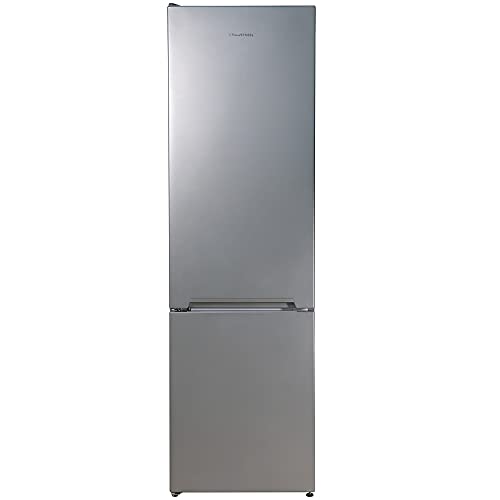Refrigerators, commonly referred to as fridges, play a critical function in modern-day homes by preserving food, lessening waste, and preserving a comfortable living environment. These vital kitchen home appliances have developed significantly for many years in terms of technology, performance, and style. This article aims to provide a detailed summary of the different kinds of fridges, their features, and ideas for maintenance, making it an important resource for homeowners.
Fridges are available in various styles and configurations, each accommodating various requirements and choices. Below is an introduction of the most common types of refrigerators offered on the marketplace today.

| Type of Refrigerator | Description |
|---|---|
| Top-Freezer | This is the classic fridge design where the freezer compartment is located on top. It is generally the most affordable alternative, making it popular for budget-conscious customers. |
| Bottom-Freezer | In this style, the freezer is positioned at the bottom, permitting easy access to fresh products at eye level. This type typically includes pull-out drawers for easier company. |
| Side-by-Side | This design has the freezer and refrigerator compartments set up vertically next to each other. It provides simple access to both areas and often includes water and ice dispensers. |
| French Door | Combining the benefits of a bottom-freezer style with wide doors on the refrigerator section, French door fridges use ample space and versatility, making them perfect for big households. |
| Compact | Also known as mini-fridges, these smaller sized units are ideal for dormitory, offices, or as secondary fridges in homes. They have actually restricted storage however are energy-efficient. |
| Smart Refrigerators | Geared up with wise technology, these fridges use functions such as touch screens, internet connectivity, and app controls. They can provide alerts for ended food and other wise performances. |
When choosing a refrigerator, it is necessary to consider various functions that can boost functionality and performance. Here are some crucial functions to try to find:
Energy Efficiency
Storage Options
Water and Ice Dispensers
Temperature level Control
Smart Features
Sound Levels
Correct upkeep can extend the life of a refrigerator and guarantee ideal efficiency. Here are some useful upkeep tips:
Regular Cleaning:
Temperature Settings:
Inspect Door Seals:
Defrost Regularly:
Condenser Coils:
Keep it Level:
1. How long should a refrigerator last?Normally, a refrigerator can last anywhere from 10 to 20 years, depending upon the brand and maintenance practices.
2. How can I enhance the energy efficiency of my refrigerator?To boost energy effectiveness, keep the fridge's temperature settings ideal, regularly clean the condenser coils, and avoid putting hot food inside.
3. What kind of refrigerator is best for small kitchens?Compact or counter-depth models are perfect for small kitchens as they offer ample storage without inhabiting excessive space.
4. Are smart refrigerators worth the financial investment?Smart refrigerators can be worth the financial investment if you value benefit and innovation. They offer functionalities like stock management and remote access, which cater to tech-savvy users.
5. How can I fix a refrigerator that is not cooling properly?Start by checking the temperature level settings, making sure the condenser coils are clean, and verifying that the door seals are undamaged. If these do not resolve the concern, consider calling a professional technician.
In conclusion, fridges are essential home appliances that play a crucial function in maintaining food and keeping a healthy lifestyle. With a range of types and features readily available, it is vital for consumers to pick a design that lines up with their specific needs. By understanding the options and adhering to maintenance best practices, homeowners can take pleasure in the benefits of their refrigerators for several years to come.